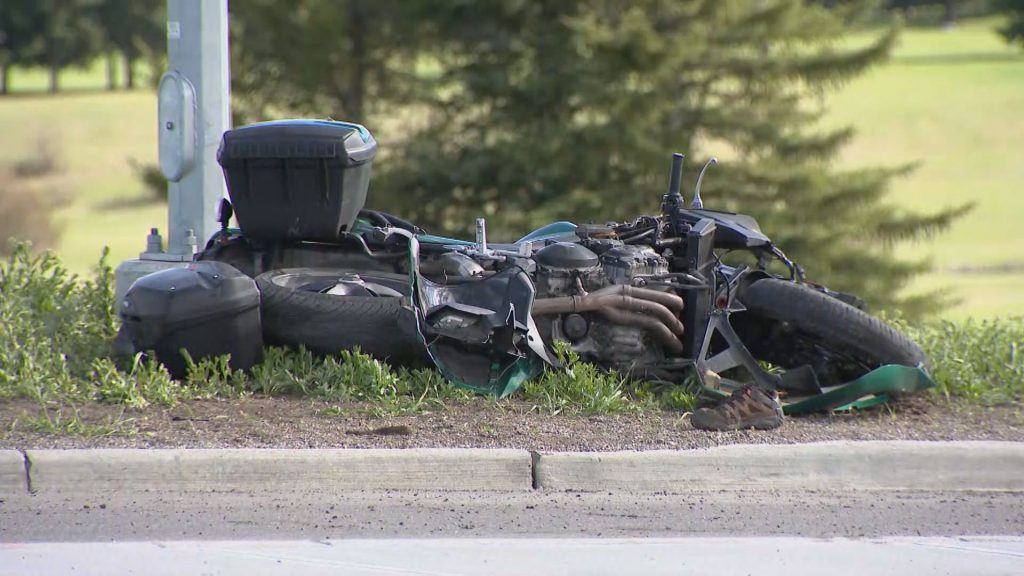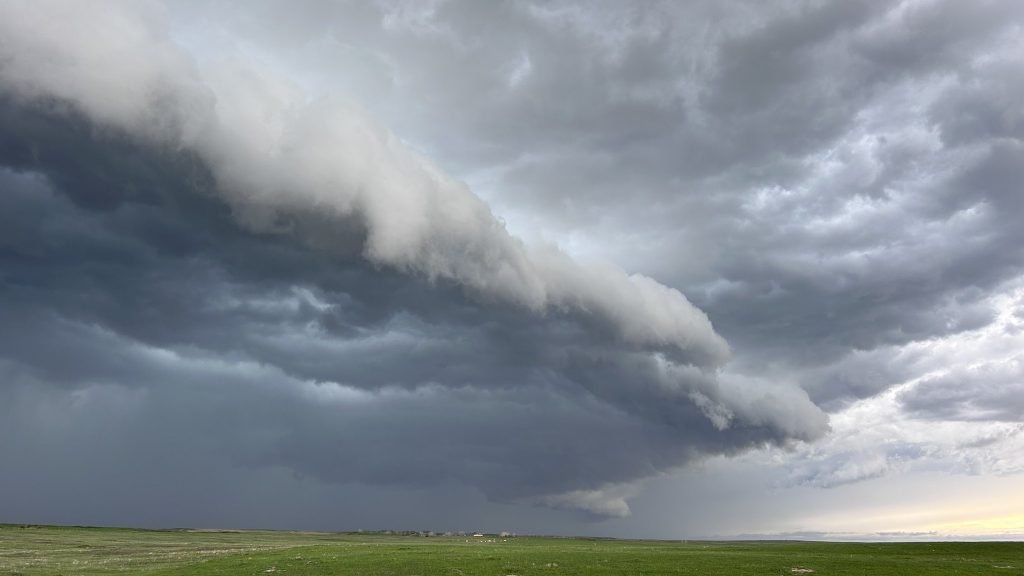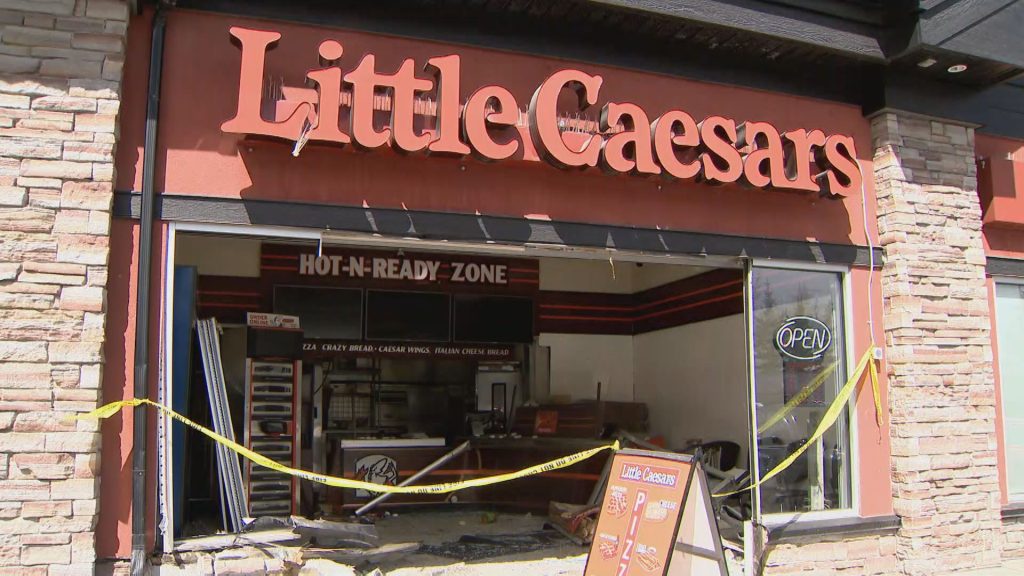Sixties Scoop survivor speaks her truth: ‘I’m not going to hide it’
Posted Jul 4, 2021 6:19 am.
Last Updated Jul 5, 2021 10:14 am.
CALGARY (660 NEWS) — Sharon Boutilier is of Whitefish River First Nation in Ontario, but she did not know that until she was 18 years old.
Born in 1966, Boutilier was taken from her family and adopted out to a Catholic family in Toronto, during a period known as “The Sixties Scoop”.
“My adoptive parents always told me that I was ‘Indian’, but I didn’t know what that meant, or if it was true,” Boutilier told 660 NEWS.
“It was like growing up without an identity because you know people would ask me ‘where are you from’ and ‘what nationality are you?’ and I didn’t even really know who I was,” Boutilier explained.
“My [adoptive] mother was really good, but my dad was sexually abusive, and that was kind of hard. It was like, why are you doing this? Is it because I’m not your child?”
She says that in order to move past this she had to learn to be honest about her story and speak her truth.
“I’m not going to hide it to protect anybody. Protecting other people was hurting me,” Boutilier explained.
When she turned 18, Boutilier went to the Catholic Children’s Aid Society with her adoptive mother, where she was given information about her birth family.
“You can get information about your family once you turn 18, but it’s non-disclosure so they don’t name them,” Boutilier explained.
“So when I got that information from the Catholic Children’s Aid, I knew I was Native. Even though I had blonde hair and blue eyes, now I knew for sure that I was Native,” she added.
Now that she was sure of her ancestry, Boutilier began to search for her family.
“I got the information to contact a woman on the reserve named Jenny Jocko, who happened to be friends with my family,” Boutilier explained.
LISTEN: Reporter Devon Banfield speaks with Sharon Boutilier
Jocko was able to connect Boutilier with her birth mother.
“Then I got to meet my brother and sisters, and it was awesome,” Boutilier said.
>When she reconnected with her family, she had wanted to learn more about her culture and background. But Boutilier learned that her family had been forcibly converted to Catholicism.
“They went to residential schools; they were taught from an early age to disconnect from your identity. Being traditional was sacrilegious,” Boutilier explained.
Despite this, she said that when she first went to meet her relatives, she felt like that was where she belonged.
“It was freaky but I felt like I was at home on the reserve. It’s called Blood Memory — that familiar feeling even though I hadn’t been there since I was a baby,” she told 660 NEWS.
Still looking to learn more about her ancestry, Boutilier soon got a job at the Native Canadian Centre of Toronto.
“I worked with a program called visiting schools where we would teach students about Native culture, like how to create regalia, drumming and dancing, and other things,” she explained.
Boutilier says that through her time working with the Native Canadian Centre of Toronto she gained a better understanding of how the residential school system has affected generations of families in First Nations, Metis, and Inuit communities.
“How’re you going to know how to be a parent when you never had parents, if you were raised in an institution. If you weren’t shown that love and caring of what it is to be a family or what is to be a mother, then how are you going to know when you have your own children?” Boutilier explained.

“My [adoptive] mom would always say that I was Indian like Buffy, but I didn’t understand what it meant to be Indigenous.” Boutilier with Buffy St. Marie, Toronto 2008.
“My mother has struggled with addictions her entire life, after spending most of her childhood separated from her family and culture by these institutions,” she added.
It’s been over 30 years since Sharon Boutilier first reconnected with her family, and Boutilier says that meeting them was the first step in healing from her own trauma.
“One thing that really helped me in my journey was when an Elder told me that we come from the stars,” she explained.
“We are put on this Earth to learn more, it made me feel like I was on the right path by learning about my Peoples.”
Boutilier says the Canadian Government’s reactionto recent discoveries on the grounds of former residential schools is insulting to Indigenous communities.
“When Stephen Harper made his apology in 2008I worked at the Native Centre. I watched the Natives breakdown in tears, the Elders, watching the apology on TV and I heard the stories about what they went through,” Boutilier explained.
READ MORE
- Podcast explores all facets of Canadian history ─ the good, bad and ugly
- Racism in Canada is real, government needs to address it: alleged road rage victim
“I believe the Prime Minister needs to stand up and stop saying that the Canadian Government is shocked. This was planned by the government, executed by the churches as a cultural genocide,” she added.
Boutilier said that recent marches, protests and vigils in support of the Indigenous communities has given her hope for the future.
“Seeing all the people turning out to these events brought tears to my eyes, because it feels like Canadians are finally waking up,” Boutilier said.
“The Sixties Scoop” occurred from the early 1950s through the 1980s, and saw tens of thousands of Indigenous children removed from their families and adopted out to non-Indigenous families.










